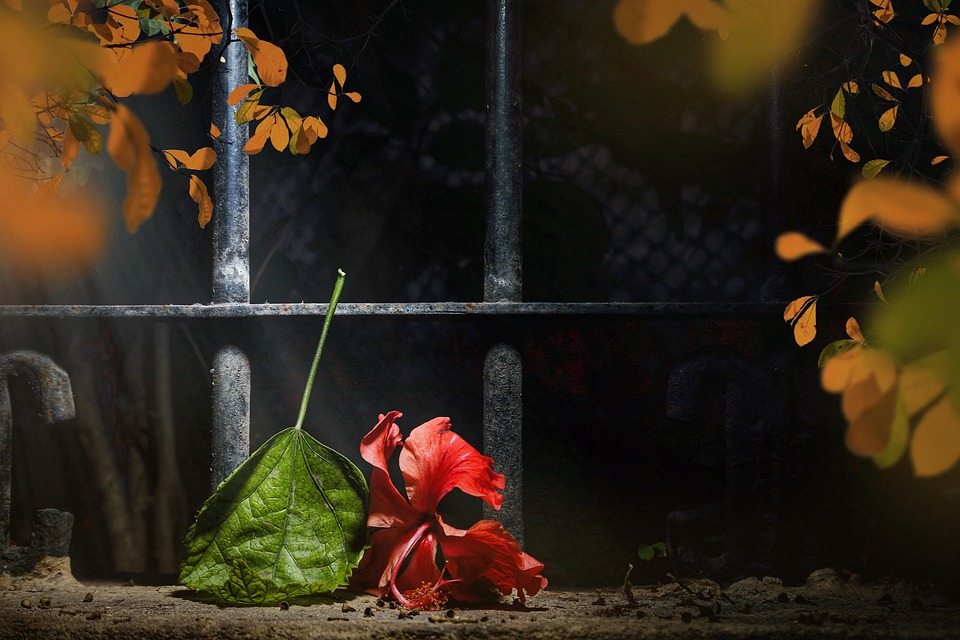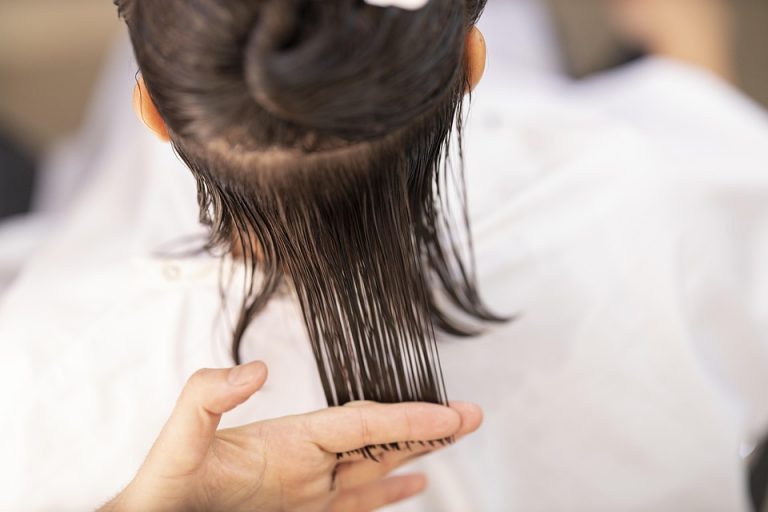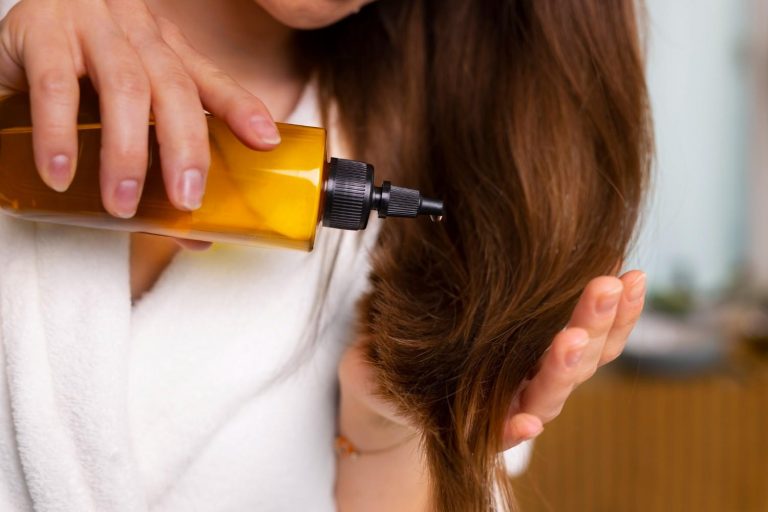Contents
5 Ways Hibiscus Can Transform Your Hair Growth Journey
Have you ever looked at your hair and wished for a miracle? It’s a common struggle—dealing with thinning hair, breakage, or just a lack of luster. While there’s no magic potion, hibiscus might just be the next best thing. This vibrant flower, often associated with tropical vacations and warm breezes, has been used for centuries in various cultures for its health benefits. But can it really transform your hair growth journey? Let’s dive into five compelling ways hibiscus can help your hair flourish.
1. Rich in Nutrients
Hibiscus is packed with vitamins and minerals that are essential for hair health. It contains vitamin C, which is crucial for collagen production. Collagen strengthens hair and promotes growth. Additionally, hibiscus is rich in antioxidants, which combat free radicals that can damage hair follicles.
Pros:
- Boosts collagen production
- Provides essential nutrients that strengthen hair
Cons:
- Nutrient absorption can vary based on individual diets and health.
I’ve noticed that incorporating hibiscus into my routine not only makes my hair feel softer but also seems to give it a bit more bounce. It’s like a nutrient boost, but for your hair!
2. Promotes Scalp Health
A healthy scalp is the foundation for healthy hair. Hibiscus has natural antibacterial and antifungal properties, which can help keep the scalp free from infections and dandruff. This can create a better environment for hair growth.
Pros:
- Reduces dandruff and scalp irritation
- Creates a healthy environment for hair follicles
Cons:
- May not work for everyone, especially those with severe scalp conditions.
If you’ve ever dealt with itchy, flaky scalp issues, hibiscus might be worth a try. It’s like a refreshing drink for your scalp—hydrating and soothing!
3. Strengthens Hair Strands
Hibiscus can help strengthen individual hair strands, making them less prone to breakage. The flower contains amino acids that help repair and maintain hair structure. When hair is stronger, it can grow longer without breaking.
Pros:
- Reduces hair breakage
- Promotes longer hair growth
Cons:
- Results can take time; consistency is key.
I remember a friend of mine who started using hibiscus oil and saw a noticeable reduction in hair breakage within a few weeks. It was impressive how something so simple could yield such significant results!
4. Natural Hair Conditioner
Hibiscus can also act as a natural conditioner. When used in hair masks or oils, it can provide moisture, making hair softer and shinier. This is especially beneficial for those with dry or damaged hair.
Pros:
- Adds moisture and shine
- Reduces frizz
Cons:
- Some people may find it temporarily weighs their hair down.
I’ve experimented with hibiscus-infused oils and found that they leave my hair feeling incredibly soft. It’s like giving your hair a spa day without the hefty price tag!
5. Encourages Hair Growth
One of the most exciting benefits of hibiscus is its potential to stimulate hair growth. Some studies suggest that hibiscus can increase blood circulation to the scalp, enhancing nutrient delivery to hair follicles and promoting growth.
Pros:
- Potentially accelerates hair growth
- Improves blood circulation
Cons:
- Scientific research is still ongoing; results may vary from person to person.
Let’s be real: who doesn’t want faster hair growth? I’ve been adding hibiscus tea to my routine as a way to nourish from the inside out, and I’m curious to see how it impacts my hair in the long run!
FAQs
Q1: How can I use hibiscus for my hair?
You can use hibiscus in several ways, including hibiscus tea rinses, hair masks, or infused oils. Simply boil dried hibiscus flowers in water, cool the mixture, and use it as a rinse after shampooing.
Q2: Are there any side effects?
Generally, hibiscus is safe for most people. However, some individuals may experience allergic reactions. It’s always best to do a patch test before applying it to your scalp.
Q3: How long before I see results?
Results can vary based on individual hair types and conditions. Many people notice improvements in hair texture and scalp health within a few weeks, while significant growth may take a few months.
Q4: Can I use hibiscus if I have colored hair?
Yes, hibiscus is generally safe for colored hair, but it’s always good to consult with your stylist if you’re concerned about color fading.
Conclusion
Incorporating hibiscus into your haircare routine can be a game-changer. From promoting growth to enhancing scalp health, this vibrant flower offers a natural solution to many common hair issues. Remember, consistency is key. It might take some time to see the full effects, but with patience and a little hibiscus magic, you could be on your way to healthier, more vibrant hair.
This article is for educational purposes only and is not a substitute for professional medical advice. Always consult a qualified healthcare provider before making changes to your health routine.
References
-
Kaur, S., & Kaur, H. (2016). Nutritional and pharmacological properties of Hibiscus sabdariffa: A review. Journal of Ethnopharmacology, 194, 184-195. https://doi.org/10.1016/j.jep.2016.09.009
-
Mayo Clinic. (2022). Hair loss: Diagnosis and treatment. Retrieved from https://www.mayoclinic.org/diseases-conditions/hair-loss/diagnosis-treatment/drc-20316760
-
National Institutes of Health. (2021). Hair growth and hair loss: A guide for patients. Retrieved from https://www.nih.gov/news-events/news-releases/hair-growth-hair-loss-guide-patients
Get Your FREE Natural Health Guide!
Subscribe now and receive our exclusive ebook packed with natural health tips, practical wellness advice, and easy lifestyle changes, delivered straight to your inbox.




